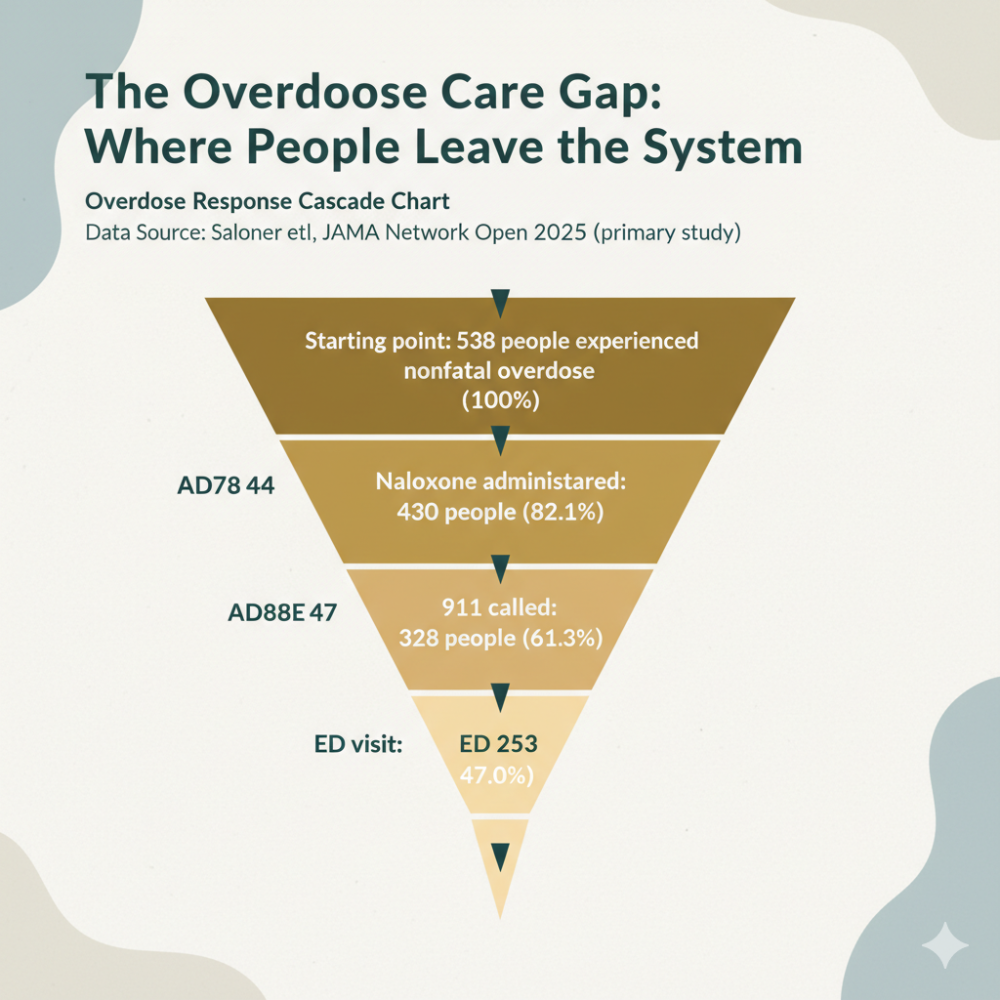National Nutritional Month is an annual event that aims to inform people about making healthier choices for their overall wellness.
You might wonder what National Nutrition Month has to do with addiction. Addiction, together with a lack of nutrients, can have a significant impact on the body causing a whole host of negative effects, including:
- Increased stress levels
- Vitamin deficiencies
- Malnutrition
- Electrolyte imbalances and dehydration
It is particularly important, therefore, to be mindful of how to limit the damaging effects of drugs and alcohol by making healthier choices. We can start with the simple step of learning how to make healthier choices around food and movement and taking advantage of the information available in campaigns like National Nutrition Month. First, though, we’ll look at why nutrition is important, and how addiction affects the diet and functioning of the body.
Why is Nutrition Important?
The body needs fuel. That fuel comes from food that is broken down into glucose which is either released into the body for energy or stored for later.
Food comprises a variety of sources, including carbohydrates (bread, pasta, rice, grains), fruits and vegetables, fats (oils, butter etc), and protein (fish, chicken, meat, and non-animal protein like tofu or tempeh). To perform optimally, the body needs a range of nutrients from all of these food sources. It is important not to overload the body with too many foods that can cause adverse health effects like fried foods, a lot of red meat, and processed foods – these should be used in moderation.
In short, a balanced diet that is key for the body to function properly. That is essential for people with addiction, who may already be struggling with eating adequately.
How Addiction Affects Your Health
Addiction has a vast array of negative effects, from adversely impacting relationships, to damaging your health. As far as diet goes, addiction can lead to people failing to eat adequately, or at all. Oftentimes people struggling with addiction will skip meals and eat foods that aren’t particularly healthy. Additionally, you, or your loved one, might not drink sufficient water and become dehydrated.
The impact of a poor diet can cause:
- Weight loss
- Depression
- Suppressed immune system
- Muscle wastage
- Heart problems
- Dehydration
- Tooth decay
- Loss of menstrual cycles in women
- Vitamin deficiencies
Of course, each drug and the severity of use will have differing rates of impact on the body. What’s important is to try and make healthy choices, even if you (or your loved one) aren’t ready to tackle addiction.
The impact of making better food choices, however, include:
- Increased energy
- Improved memory
- Stronger immunity
- Reduced health risks
To make those better food and wellness decisions, you (or your loved one) can take advantage of the information available as part of National Nutrition Month. For your convenience, we’ve summarized the key points below.
What is National Nutrition Month?
Created by the Academy of Nutrition and Dietetics, National Nutrition Month focuses on the importance of making informed food choices and developing sound eating and physical activity habits.
National Nutrition Month dates back to March 1973 (formerly called National Nutrition Week), with the goal of delivering nutrition education to the public while promoting the profession of dietetics. Given its popularity, it was extended to a month-long celebration.
The goal is to achieve a vision where people thrive through the transformative power of food and nutrition.
Each year features a new theme and have included:
- Enjoy the taste of eating right (2014)
- Bite into a healthy lifestyle (2015)
- Savor the flavor (2016)
- Put your best fork forward (2017)
- Go further with food (2018)
Key Messaging for National Nutrition Month 2021
National Nutrition Month 2021 key messaging is “Personalize Your Plate.” Each week has key themes, including:
- Week 1: Eat a variety of nutritious foods every day
- Include healthful foods from all food groups
- Hydrate naturally
- Learn how to read nutrition labels
- Avoid distractions while eating
- Take time to enjoy your food
- Week 2: Plan your meals each week
- Use a grocery list to shop for healthy foods
- Be menu-savvy when dining out
- Chose healthful recipes to make during the week
- Enjoy healthful eating at school and work
- Plan healthful eating while traveling
- Week 3: Learn skills to create tasty meals
- Keep healthful ingredients on hand
- Practice proper home food safety
- Share meals together as a family when possible
- Reduce food waste
- Try new flavors and foods
- Week 4: Consult a Registered Nutritionist
- Ask your doctor for a referral
- Receive personalized nutrition advice for your goals
- Meet RDNs in a variety of settings in your community
- Thrive through the transformative power of food and nutrition
There are various toolkits available for individuals and organizations on the National Nutrition Month website.
If you or a loved one is struggling with addiction, please contact us to see how we can help.
At Gallus Medical Detox Centers, we bring compassion to the commotion. Peace to the pain. Empowerment to the powerless. If you or someone you know needs support with addiction problems, bring us your battle. Call us today and take the best, first step towards recovery: 720-704-1432


 Steve B
Steve B 
